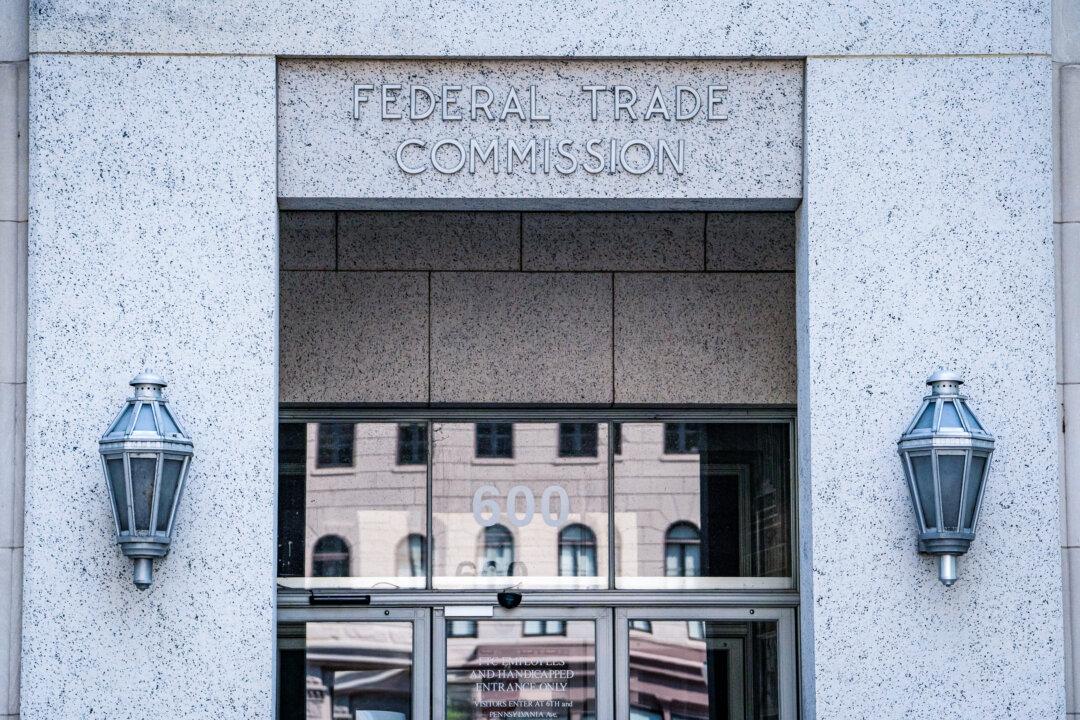The Trump administration has announced it will retain the stringent merger review guidelines introduced by the Biden administration, disappointing Wall Street and Big Tech, which had hoped for a regulatory rollback that would ease corporate consolidation.
In memos issued on Feb. 18, Federal Trade Commission (FTC) Chairman Andrew Ferguson and Department of Justice (DOJ) acting antitrust chief Omeed Assefi confirmed that the agencies will continue using the 2023 Merger Guidelines, which have faced sustained criticism from corporate interests since their implementation.





